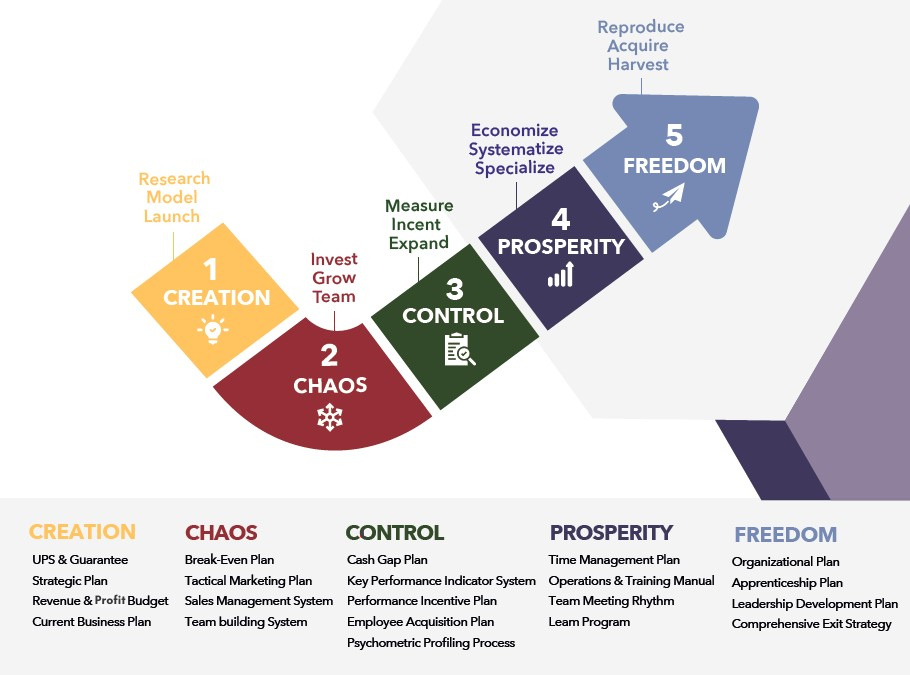BLOG
BLOG

Understanding the Distinction Between Business Plans and Strategic Plans
When engaging with business owners, a common question arises: Do I need a business plan or a strategic plan? It's crucial to comprehend the differences between these two planning approaches and how they serve distinct purposes. This article aims to shed light on the disparities between business plans and strategic plans, their respective functions, and the ideal scenarios for their utilisation.
Differentiating Business Plans and Strategic Plans:
In essence, a strategic plan is a designed to implement and manage the strategic direction of an existing business. A strategic plan typically boils down to 7-10 key strategic pillars concisely summarised over a 1-2 page document.
On the other hand, a business plan serves as a blueprint for either starting a new venture, securing funding, and/or providing more detailed operational guidance.
It's important to note that these plans also differ in terms of time frames. Typically, a business plan spans a period of 3 to 5+ years, while a strategic plan generally focuses on the immediate year ahead; with a particular focus on the 3-7 priority projects ('Rocks') to be completed within the next quarter (90-days).
Appropriate Use and Target Audience:
Strategic plans are intended for goal orientated businesses and their leadership teams who are committed to driving growth within their organisations in a rational and organised manner. They're typically updated at least every 90-days through either a formal or semi-formal quarterly strategic planning process.
Strategic plans serve as a means to communicate the business' direction to the team and stakeholders, while business plans aim to present the entrepreneur's vision to potential investors or financial institutions.
Understanding the Essence of Strategic Plans:
Often, the goal for a strategic plan is 1% about Vision and 99% about Clarity & Alignment! In other words: "we are going to focus on these three things next and we're aligned as to why".
In both cases it is useful to remember the words of Alfred Lord Whitehead: “The art of progress is to preserve order amid change and to preserve change amid order.”
Free Methodology Presentation: Learn Our Proven 5-Step System For Transforming Your Business Into A Firm That Runs Smoothly, Profitably and (mostly) Without You
Free Methodology Presentation: Learn Our Proven 5-Step System For Transforming Your Business Into A Firm That Runs Smoothly, Profitably and (mostly) Without You.
Confirm Your Details To Continue
Confirm Your Details To Continue

Schedule a call to see if our approach can help take your business to #1 in your market.
No pie-in-the-sky. No generic ideas.
No hard sell.
Just straight-forward analysis of your approach to marketing and sales, team-building skills, gross and net profitability, and business transfer readiness.
